Originally published December 18, 2010 at 7:05 PM | Page modified December 20, 2010 at 11:17 AM
![]() Comments (0)
Comments (0)
![]() E-mail article
E-mail article
![]() Print
Print
![]() Share
Share
Book review
27 best books of 2010: The Seattle Times looks back at a year of great reading
The Seattle Times' list of the best books of 2010 features an entire year's worth of great reading, from Jonathan Franzen's "Freedom" to Ron Chernow's "Washington: A Life." "Fall of Giants" by Ken Follett is the 1,000-page page-turner of the year; Rebecca Skloot has immortalized the life of Henrietta Lacks; and Gary Shteyngart has written a "Super Sad True Love Story."
Seattle Times book editor
Compiling a list of best books of the year always turns me into an optimist — though lamentations for the decline of literacy are widespread, every year certain authors keep producing books that are better researched, more insightful and more readable than ever before.
For this list of the best books of 2010, I have relied on nominations from regular Seattle Times reviewers (and reserved a couple for myself). Their names follow each recommendation, and the words of praise that follow are, for the most part, theirs. I'm grateful for the work they do year-round to bring notice of good books to Seattle Times readers — I couldn't do it without them.
Fiction
"Compass Rose" by John Casey (Knopf). A fitting sequel to "Spartina," winner of a National Book Award. Casey can write about women, be they wives, mothers, daughters or lovers, better than anyone since Reynolds Price wrote "Kate Vaiden." Rhode Island commercial fisherman Dick Pierce and Elsie Buttrick form the centerpiece of this tale of an insular community, the interconnected lives of all who live there and the hurricanes they live with, internal and external. — Valerie Ryan
"A Visit From the Goon Squad" by Jennifer Egan (Knopf). Harrowing, funny and imaginative, this novel explores the world of a has-been music producer and assorted cohorts who are overwhelmed by time, change and age — all told through Egan's inimitable and protean voice. — Melinda Bargreen
"Fall of Giants" by Ken Follett (Dutton). Nobody masters the enormous, untidy sprawl of history quite as cleverly as Follett (best known for "Pillars of the Earth"), and this gigantic novel links a vast and masterly lineup of characters, locations and incidents surrounding World War I. Certainly the year's only 1,000-page page-turner. — Melinda Bargreen
"Freedom" by Jonathan Franzen (Farrar, Straus & Giroux). Franzen ("The Corrections") outdoes himself in this tale about a Minnesota couple who, with the best of intentions, sabotage their marriage, their family and their careers. The word "freedom" pops up at pivotal points in the book, but "How to Live?" would be just as apt a title for the novel, as Franzen does full, comic justice to the choices and conundrums his characters face over the course of 25 years. — Michael Upchurch
"To the End of the Land" by David Grossman, translated by Jessica Cohen (Knopf). Israeli author Grossman's book is both a novel about a mother obsessed with the safety of her soldier son and a meditation on what war does both to the individual and to the nation that's engaged in ongoing conflict. Grossman has set his story against the backdrop of his own country's struggles. But the ideas are relevant to our own war on terror, while the hopes and fears of Ora, the mother, ring true to the maternal heart. — Ellen Emry Heltzel
"Horns" by Joe Hill (William Morrow). In scenes sometimes gorgeously sensual, sometimes wrenchingly grotesque, Joe Hill's marrow-crunching-yet-metaphysical horror novel "Horns" references Biblical texts, classical mythology and that old time rock 'n' roll, taking readers on a headlong plunge into thorny theological territory with its examination of the question of why suffering exists. — Nisi Shawl
"Great House" by Nicole Krauss (W.W. Norton). Krauss follows up her acclaimed "The History of Love" with a novel that's similar — the flowing, musical rhythms of her prose are pleasingly recognizable — yet all its own. A story told by four seemingly disparate narrators and anchored by a massive wooden desk, it explores both the fragile ties that bind us together and the indestructible objects that ground us. — Moira Macdonald
"Mary Ann in Autumn" by Armistead Maupin (Harper). In his latest "Tales of the City" installment, Armistead Maupin once more does what he does so well: resurrecting Mary Ann Singleton, Anna Madrigal and Michael "Mouse" Tolliver and making them seem vital and necessary in a sometimes-scary 21st-century America. — John Hartl
"The Passages of H.M." by Jay Parini (Doubleday). A fictionalized but wholly credible account of Herman Melville's life on land and sea as he first found success as a writer of genre novels and, later, found failure as the author of "Moby-Dick," one of America's greatest and least-conventional books. — Richard Wakefield
![]()
"Super Sad True Love Story" by Gary Shteyngart (Random House). Shteyngart's rollicking, hilarious and doomed tale of love and woe is set in a bleak near-future ruled by global corporations and a compliant "Bipartisan Party" government. But Shteyngart's characters are heartbreakingly real, their plights sympathetic, and his wicked social satire is dead-on. — Tim McNulty
"The Madonnas of Echo Park" by Brando Skyhorse (Free Press). Book editor and first-time novelist Skyhorse connects us with voices that typically dwell in the background of everyday Los Angeles life. Here they are granted license to tell their own harrowing, hair-raising, heartwarming and hilarious stories as they grapple with the gentrification of the historically Mexican-American neighborhood of Echo Park. — Karen Gaudette
"Bone Fire" by Mark Spragg (Knopf). Reprising characters from previous novels, Spragg paints a bleak but redeeming portrait of small-town life in contemporary Wyoming. Spragg's writing is spare but strangely tender, and his exploration of the characters' fraught relationships and hard life choices makes for a deeply moving story that sticks with you long after the final page. — Tyrone Beason
Nonfiction
"Washington: A Life" by Ron Chernow (Penguin Press). Maybe you think you know as much as you want to about George Washington — this 904-page book will change that. Chernow, a terrific writer, portrays the many faces of Washington: the young man, ambitious and prone to overreaching; the general, struggling to keep his troops clothed and fed; the president, shouldering the weight of the new republic. — Mary Ann Gwinn
"Nine Lives: In Search of the Sacred in Modern India" by William Dalrymple (Knopf). Dalrymple portrays nine people of faith in modern India, including a nun of the ancient Jain religion; a woman who practices a form of religion-tinged prostitution; and a former Tibetan monk still weighing the costs of taking up arms against the Chinese. An astute and respectful look at why people still embrace religion, as well as a kaleidoscopic tour of parts of India way off the tourist track. — Mary Ann Gwinn
"Cultures of War" by John Dower (Norton/New Press). Historian Dower cuts through the smog of sloppy, ahistorical comparisons between 9/11, the invasion of Iraq, Pearl Harbor and the atomic bombings of Japan. In the process, he demonstrates that perhaps the only thing worse than ignoring the lessons of history is willfully misreading them. — Drew DeSilver
"Fur, Fortune and Empire: The Epic History of the Fur Trade in America," by Eric Jay Dolin (Norton). This history of the American fur trade and its role in Western expansion was, "if you'll pardon the expression — fur better researched, fur better written and fur more interesting than any other book I reviewed." — Steve Raymond
"Travels in Siberia" by Ian Frazier (Farrar, Straus and Giroux). For most of us Siberia is the land of bitter cold, the terrors of Stalin and grisly gulags. Written with passion, empathy and humor, Frazier's detailed historical, physical and personal exploration of Siberia is a brilliant accounting of a little known but mythic land. — David Williams
"Fortune's Fool: Edgar Bronfman Jr., Warner Music, and an Industry in Crisis" by Fred Goodman (Simon & Schuster). Goodman's tale of the cratering music industry might as well be titled "Collapse," but he tells the story of the technological change with drama and verve. — Charles R. Cross
"Wolf: The Lives of Jack London" by James Haley (Basic Books). A fine new biography of the earthy, masculine, intense-living and radical man who more than a century ago wrote such classics as "The Call of the Wild" and "To Build a Fire." — Bruce Ramsey
"Willie Mays: The Life, the Legend" by James S. Hirsch (Scribner). This book about Major League Baseball's most incandescent star during the 1950s and '60s provides picture-perfect descriptions of Mays' superlative talents and a riveting narrative of his life and times. — David Takami
"Colonel Roosevelt" by Edmund Morris (Random House). The third volume of Morris' Pulitzer-Prize-winning biography of Theodore Roosevelt tells the riveting story of Roosevelt's ill-fated Bull Moose candidacy for election in 1912, the catastrophe of World War I, and the declining years of one of America's most remarkable Presidents. The power of the story is matched only by Morris' terrific writing. — Kevin J. Hamilton
"Exiles in Eden: Life Among the Ruins of Florida's Great Recession" by Paul Reyes (Henry Holt). Reyes, a keen observer and inventive writer, gets to the heart of the folly and tragedy of the foreclosure crisis in one particularly hard-hit state as he helps with his father's business, "trashing out" foreclosed properties. — Agnes Torres Al-Shibibi
"The Immortal Life of Henrietta Lacks" by Rebecca Skloot (Crown). In the 1950s, the doctors who took cancer cells from Henrietta Lacks, a poor African American farmer, never imagined creating HeLa — the "immortal" cells grown in culture that live on and save lives around the world. Skloot's tireless reporting is sensitively done and written with unusual clarity; she erases the line between lab and humanity with inspiring deftness. — Drew DeSilver
"Bloodlands" by Timothy Snyder (Basic Books). Americans like to think of World War II as "the good war," but as historian Timothy Snyder reminds us there is nothing good at all about war, and no place better proves the point than the "Bloodlands" of Eastern Europe, where between 1933 and 1945 14 million civilians and noncombatant soldiers were murdered in the greatest frenzy of mass violence ever seen. — Douglas Smith
"The Tiger: A True Story of Vengeance and Survival" by John Vaillant (Knopf). This book moves beyond the specific sagas of its protagonists — those who walk on two feet and those who walk on four feet — to offer deep insights into human behavior. Not so incidentally, the author's writing style is hauntingly vivid. — Steve Weinberg
"The Warmth of Other Suns: The Epic Story of America's Great Migration" by Isabel Wilkerson (Random House). Wilkerson quite simply revolutionizes African-American history, as she chronicles the migration of six million African Americans who left the South between World War I and the 1970s. Her original, extensive demographic and social-history research and thousands of interviews on a neglected topic create a rich, remarkable book. — Kimberly Marlowe Hartnett
"Butterfly Mosque" by Willow Wilson (Atlantic Monthly Press). An intelligently written and passionately rendered memoir by a young American woman who embraces the Islamic faith and moves to Cairo, Egypt, where her love of a man and acceptance into his family is overshadowed by social and political oppressions and challenging living conditions. — Bharti Kirchner
Mary Ann Gwinn: 206-464-2357 or mgwinn@seattletimes.com. Mary Ann Gwinn appears on Classical KING-FM's Arts Channel at www.king.org/pages/7598353
NEW - 10:24 AM
Shelf Talk | Medical Lectures + medical info: at your public library!
Gordon, Egan among PEN/Faulkner award nominees
Comics: Flaws aside, animated 'All-Star Superman' still fun
Case closed: Dick Tracy artist retires


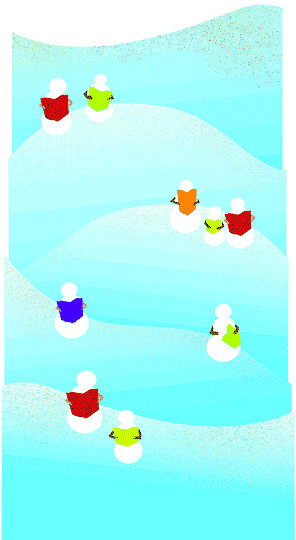
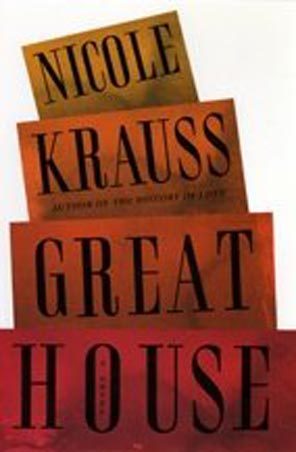
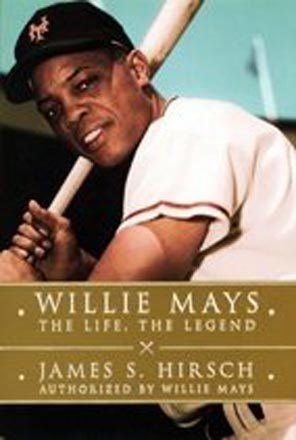
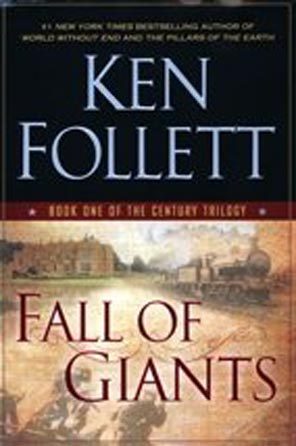
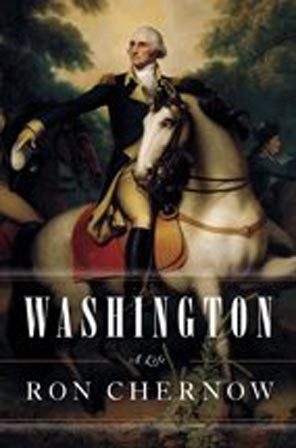
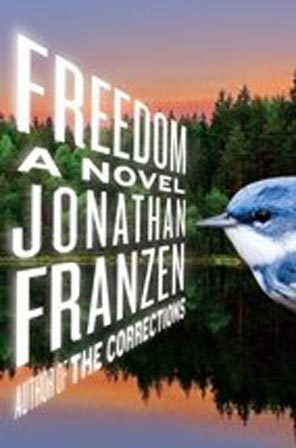
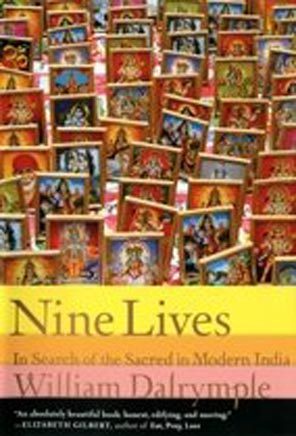
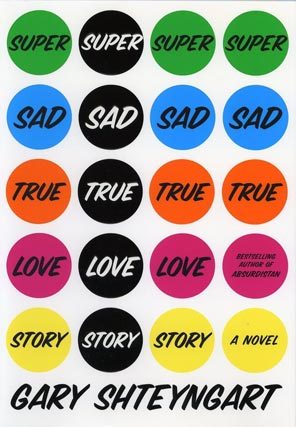
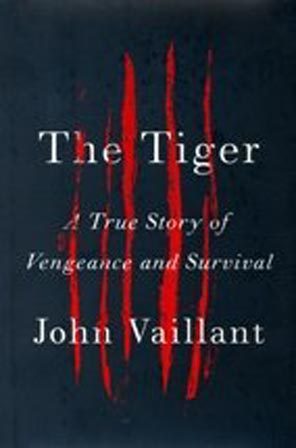
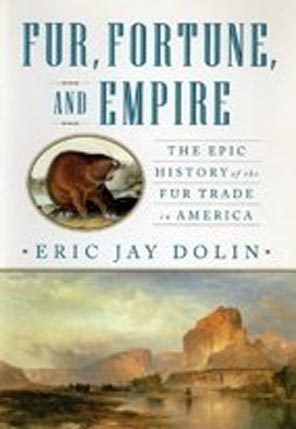








News where, when and how you want it
All newsletters Privacy statement